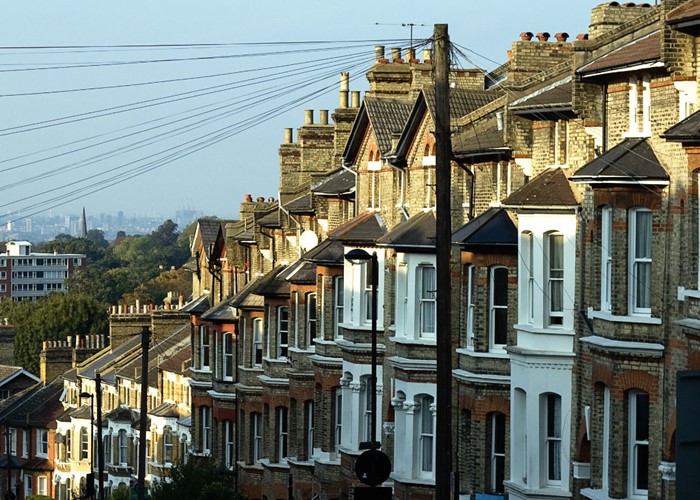Your rights if you find squatters in your home

Squatting has now been made a criminal offence. So what are your rights if you arrive home to find squatters have hijacked the place?
Homeowners can rest a little easier now that squatting in a residential property has become a criminal offence.
Squatters are people who live in a building without the owner’s permission. Empty commercial buildings are typically targeted by squatters, but some move into empty residential properties too.
In some cases the properties aren’t even empty. There have been a few – but terrifying – high profile cases where squatters have used so-called “squatter’s rights” to remain in someone else’s house having moved in while the real owner was at work or on holiday.
The most shocking is probably that of neurologist Oliver Cockerell and his pregnant wife Kaltun. Just days after they completed the purchase of their £1 million home in North London, a gang of 14 squatters moved in. They had to go to court to evict the squatters, who eventually left just days before Kaltun gave birth.
Another high profile story involved film director Guy Ritchie when squatters took over his £6 million mansion in Fitzrovia while it was being renovated.
The law changed at the start of September and means homeowners who find squatters in their property can now evict them immediately rather than going through a time-consuming, expensive and stressful court process.
The old law
Since 1977, it has been illegal to threaten or use violence to enter a property where someone is present and opposes the entry. This law was introduced to stop landlords from using violence to evict tenants and is what is commonly meant when people talk about "squatters’ rights".
Until recently squatting was treated as a civil matter, which meant homeowners had to go to a civil court to prove squatters had trespassed before they could be evicted. This process could be long and expensive – and was deemed unfair to homeowners who would have to find somewhere else to live while squatters occupied their property.
The new law
The new law essentially means that police will be able to remove squatters from a building, speeding up their eviction.
In short, if you come home from holiday to find squatters living in your house you can call the police and, in theory, they’ll be removed immediately rather than you having to go through a court process to get them out. It will make it virtually impossible for trespassers to assert they have rights in respect of residential buildings because their occupation of the building will be a criminal act.
Guidance for law enforcement agencies tells officers not be deterred if they see a "squatter's rights" notice on the door as "the police have lawful authority under section 17 of PACE (the Police and Criminal Evidence Act) to enter the property to make an arrest".
Homeowners may also be able to press charges for criminal damage or theft if the squatters have damaged the property or stolen anything.
This will come as a relief to homeowners, owners of second properties, and landlords experiencing a void or leaving a property empty in order to renovate it.
However, landlords should note that it's not classed as squatting if a tenancy comes to an end but the tenant doesn’t move out, or the tenant falls behind with the rent. In these situations a landlords will need to go through the proper process to evict a tenant.
What penalties do residential squatters face?
The offence of squatting in a residential building carries a maximum penalty of six months' imprisonment, a fine of up to £5,000 or both.
However, how someone who seemingly can’t afford to rent or buy a home can afford a £5,000 fine remains to be seen.
More on property:
Comments
Be the first to comment
Do you want to comment on this article? You need to be signed in for this feature